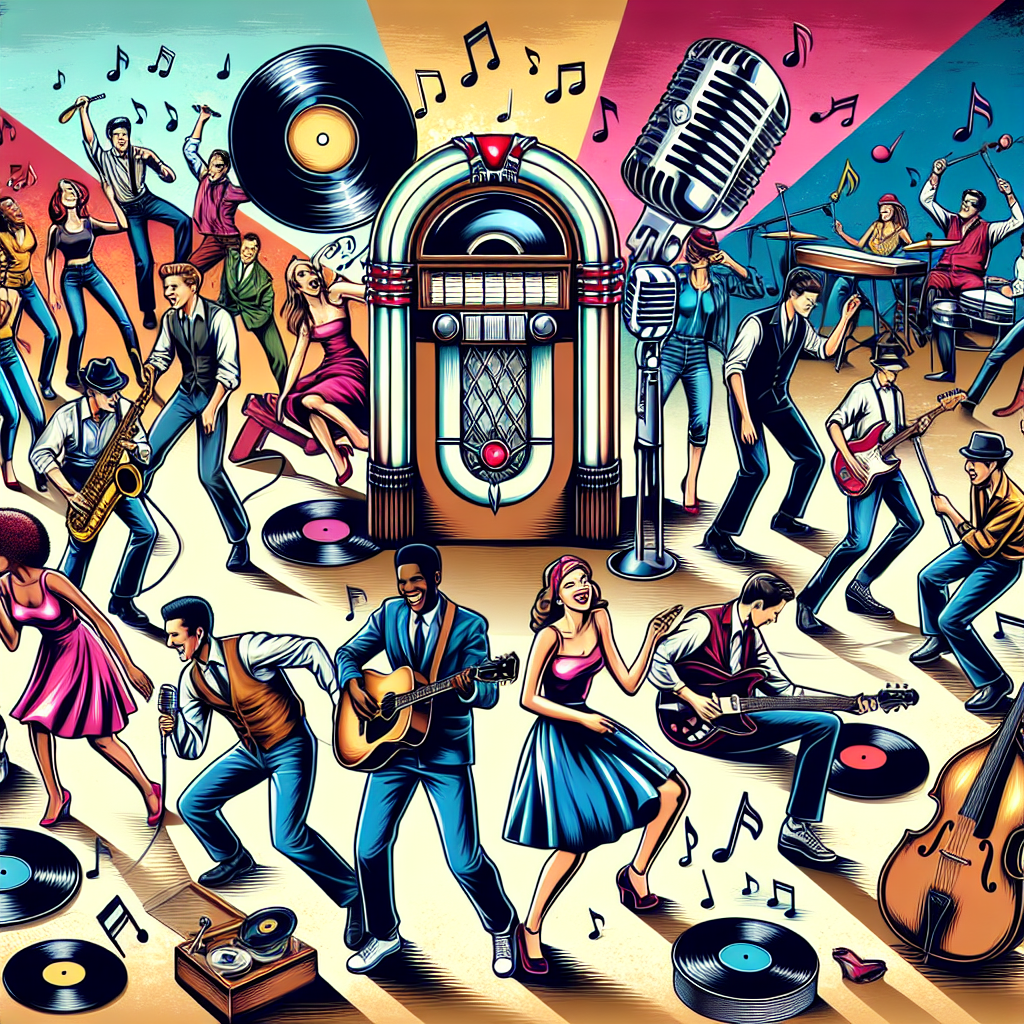During the 1960s and 1970s, music played a pivotal role in reflecting the social changes that were happening around the world. From anti-war protests to civil rights movements, musicians used their platform to express their views on important issues and inspire change.
One of the most iconic aspects of this era was the music that emerged from it. Artists like Bob Dylan, The Beatles, and Jimi Hendrix used their songs to speak out against war, inequality, and injustice. Their lyrics became anthems for a generation looking to make a difference in the world.
But it wasn’t just the lyrics that made these songs revolutionary – it was also the sound. The music of the 60s and 70s saw a shift towards experimentation and innovation, with artists incorporating elements of rock, folk, jazz, and blues into their songs. This fusion of genres created a unique sound that captured the spirit of the times.
Music wasn’t the only aspect of culture that reflected these social changes. Fashion also played a significant role in expressing rebellion and individuality. From bell-bottom jeans to tie-dye shirts, people used clothing as a form of self-expression and solidarity with various movements.
Politicians were not immune to this cultural shift either. Many politicians during this time tried to align themselves with popular musicians in order to appeal to younger voters. However, some artists remained true to their beliefs and continued to speak out against government policies they disagreed with.
Technology also played a role in shaping the music of this era. The introduction of new recording techniques and instruments allowed artists to experiment with different sounds and create groundbreaking albums that pushed boundaries.
Overall, the music of the 60s and 70s reflected a time of great social change and upheaval. It gave a voice to those who felt marginalized or oppressed and inspired others to join in the fight for equality and justice.
In conclusion, revolutionary songs from this era continue to inspire us today as we navigate our own challenges and struggles. They remind us that music has the power to bring people together, spark conversations, and drive positive change in society.


Get involved!
Comments